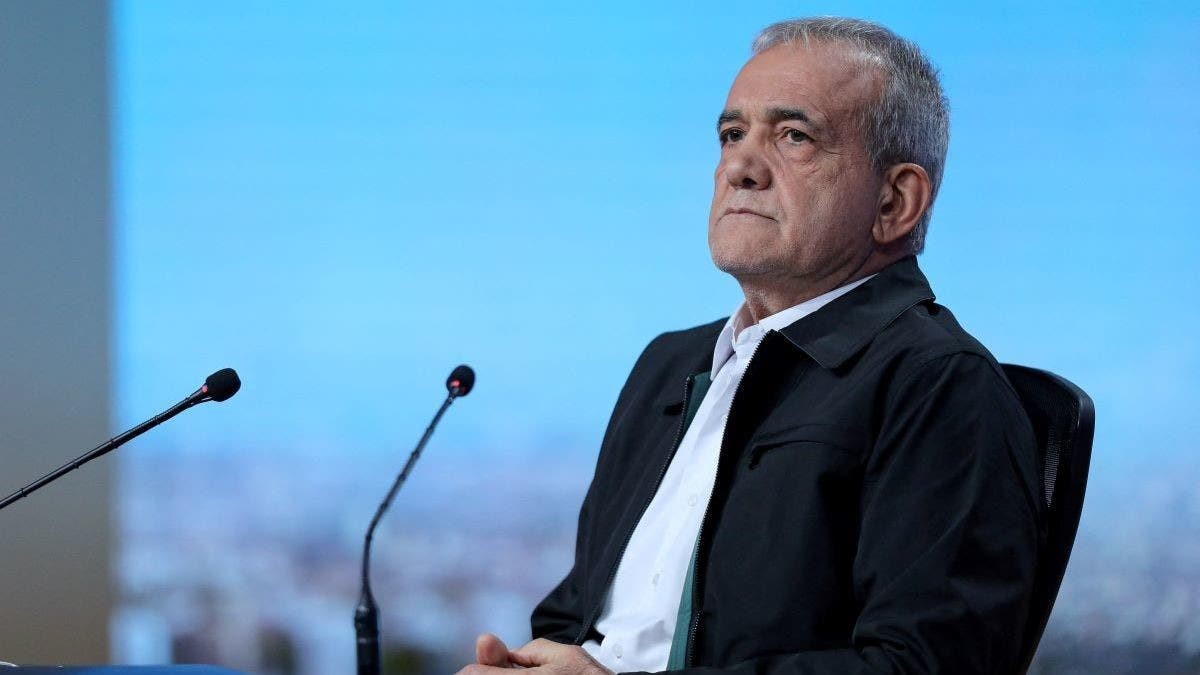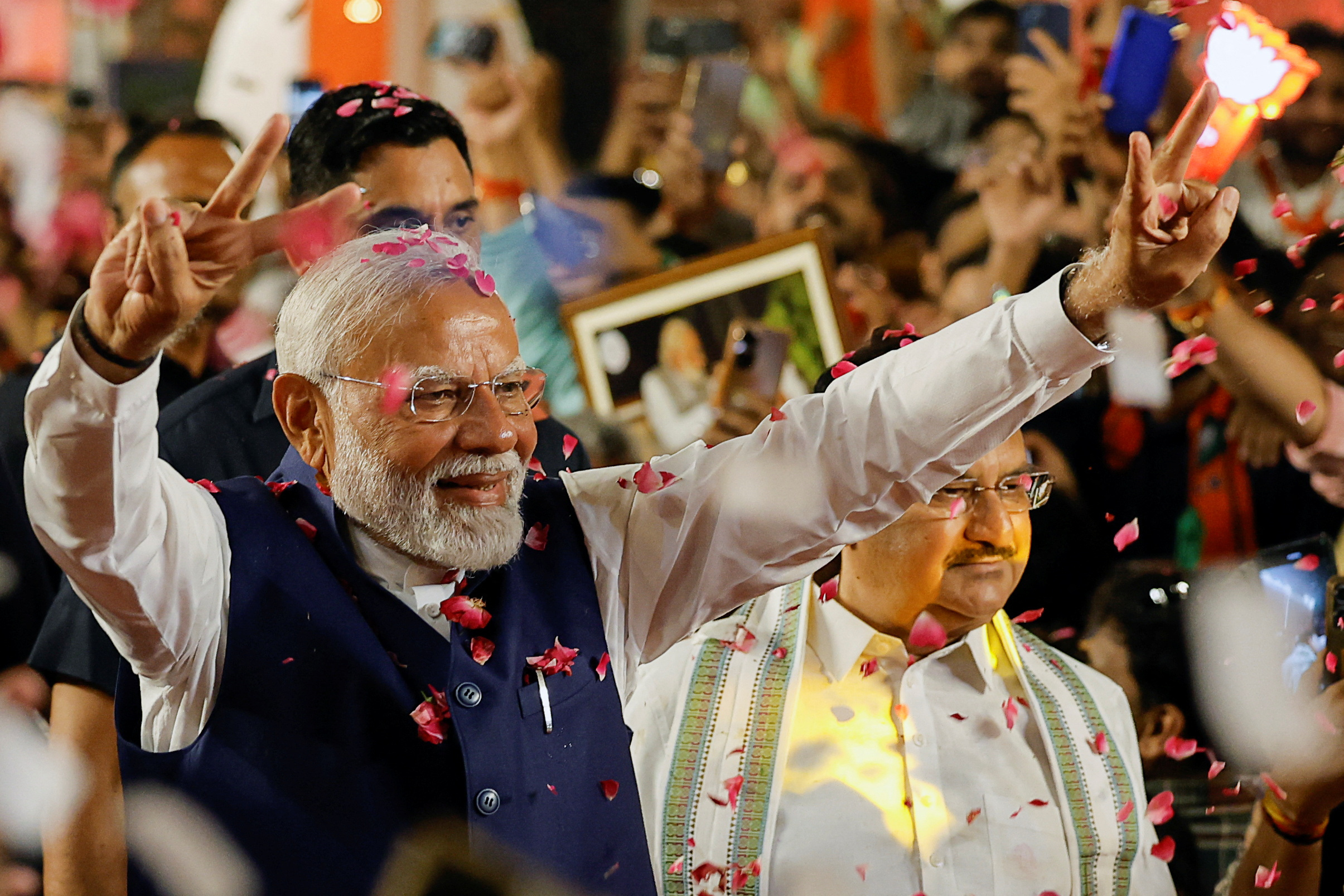Turkmenistan is a Central Asian country bordered by Kazakhstan, Uzbekistan, Afghanistan, Iran, and the Caspian Sea. Here is some information about its political system:
- Governance: Turkmenistan is a presidential republic, where the President of the country holds significant executive powers. The President is both the head of state and the head of government. The position of President is elected through a popular vote for a term of seven years. The President appoints key government officials and has authority over the legislative and judicial branches.
- Legislature: The Mejlis is the unicameral parliament of Turkmenistan. It consists of 125 members, known as deputies, who are elected through a single-party system. The Democratic Party of Turkmenistan, the ruling party, traditionally dominates the political landscape, and opposition parties are not allowed to operate freely.
- Political Parties: Turkmenistan has a single-party system, where the Democratic Party of Turkmenistan has been the ruling party since the country’s independence. Other political parties are not allowed to function independently. The party plays a significant role in the political decision-making process.
- Elections: Elections in Turkmenistan are tightly controlled by the government, and the ruling party typically maintains a firm grip on power. While multiple candidates may appear on the ballot, they are often aligned with the ruling party, limiting the competitive nature of the elections. The transparency and fairness of elections have been subject to international scrutiny.
- Human Rights and Freedom of Expression: Turkmenistan has faced criticism from international human rights organizations for its restrictions on freedom of expression, press freedom, and political dissent. The government controls media outlets, and independent journalism is limited. Human rights issues, including freedom of assembly and the treatment of political dissidents, have been a concern.
- Economy and Natural Resources: Turkmenistan has significant natural gas reserves, which play a vital role in its economy. The country has pursued policies of economic diversification and infrastructure development, with a focus on sectors such as energy, agriculture, and transportation.
- International Relations: Turkmenistan maintains a policy of neutrality and non-alignment in international affairs. It has sought to develop diplomatic and economic ties with various countries and international organizations. Turkmenistan is a member of the United Nations (UN) and the Commonwealth of Independent States (CIS), among other regional and international organizations.



